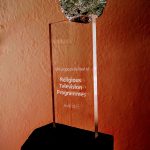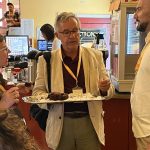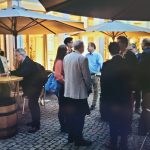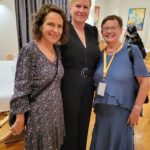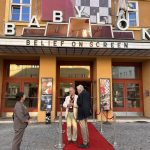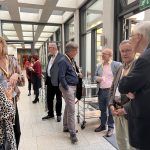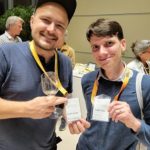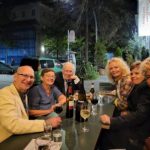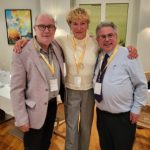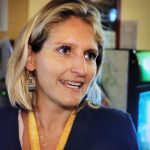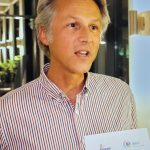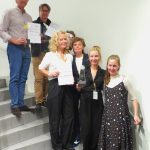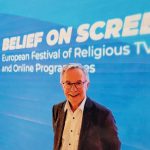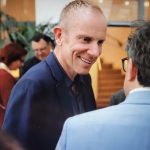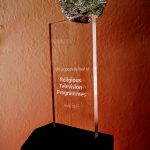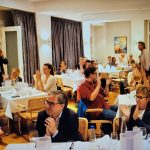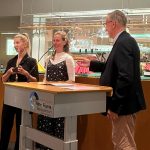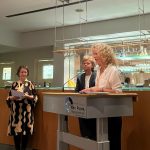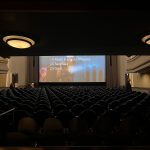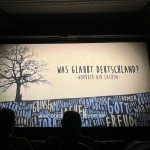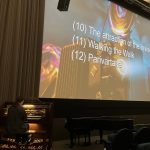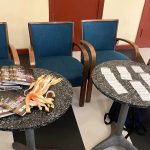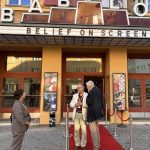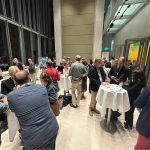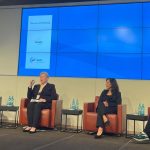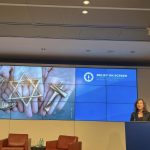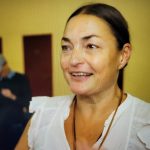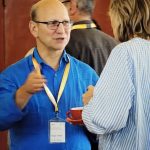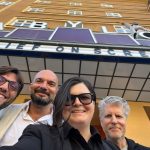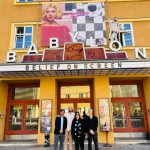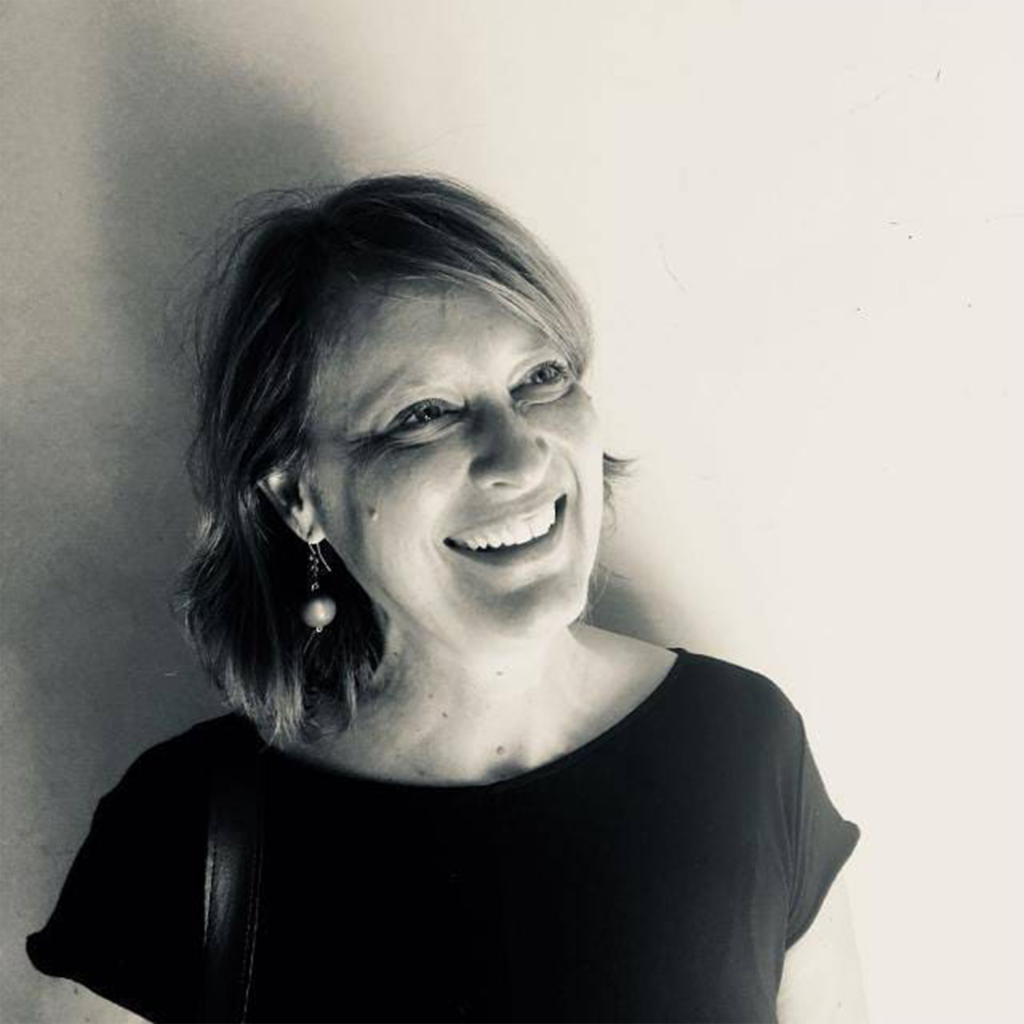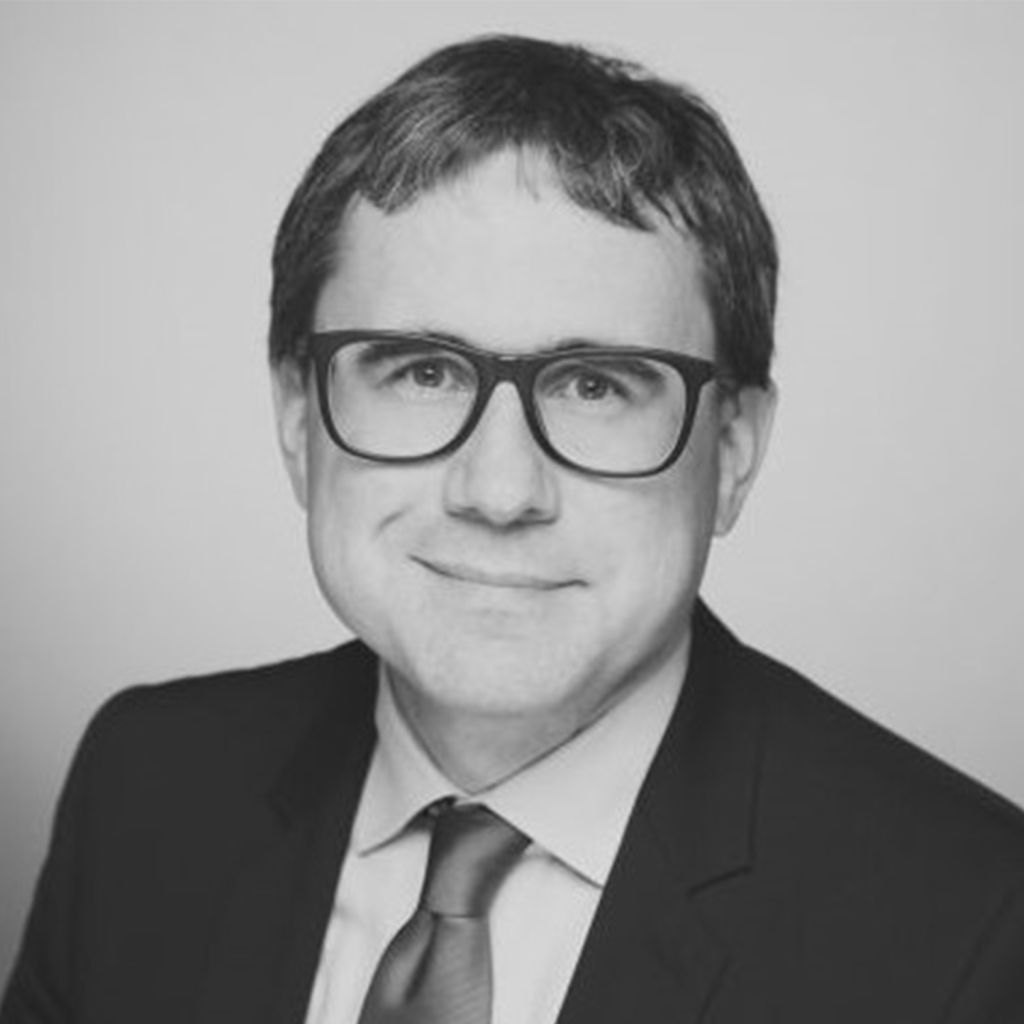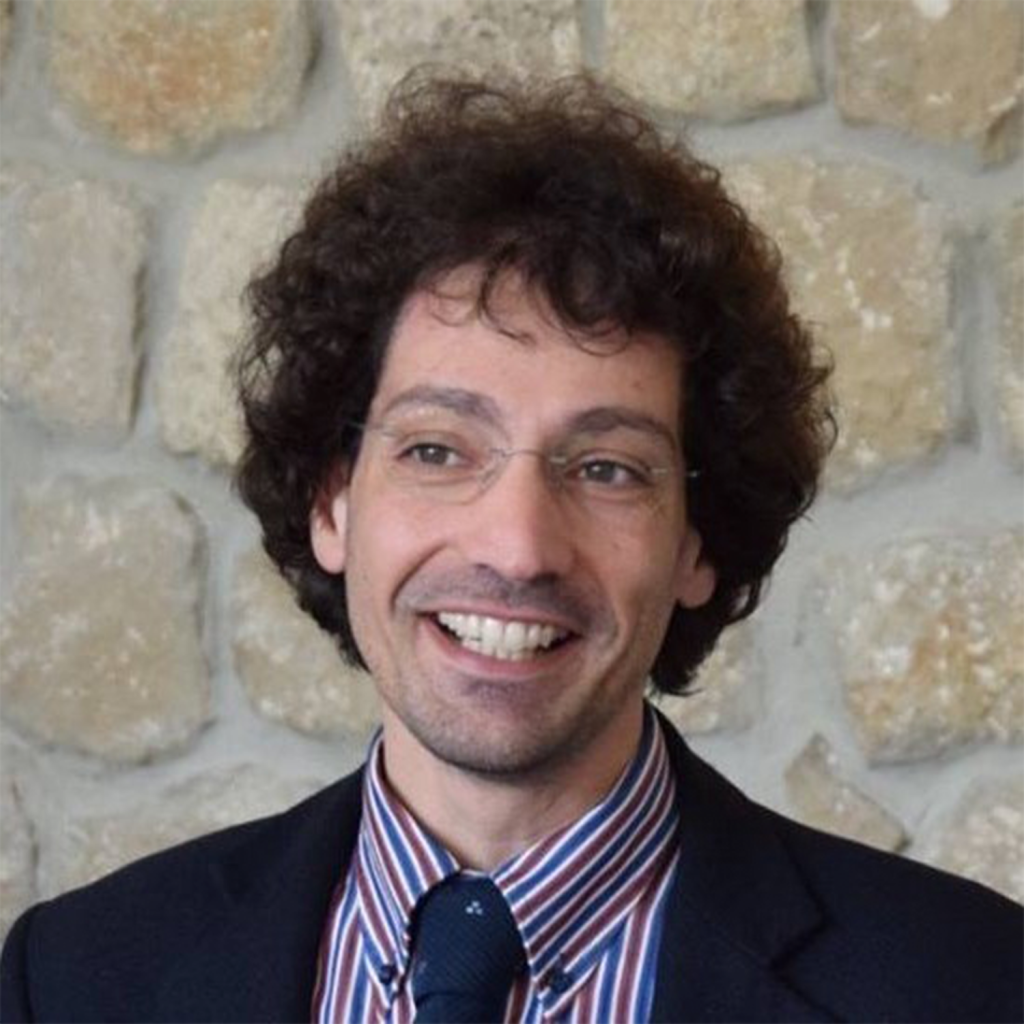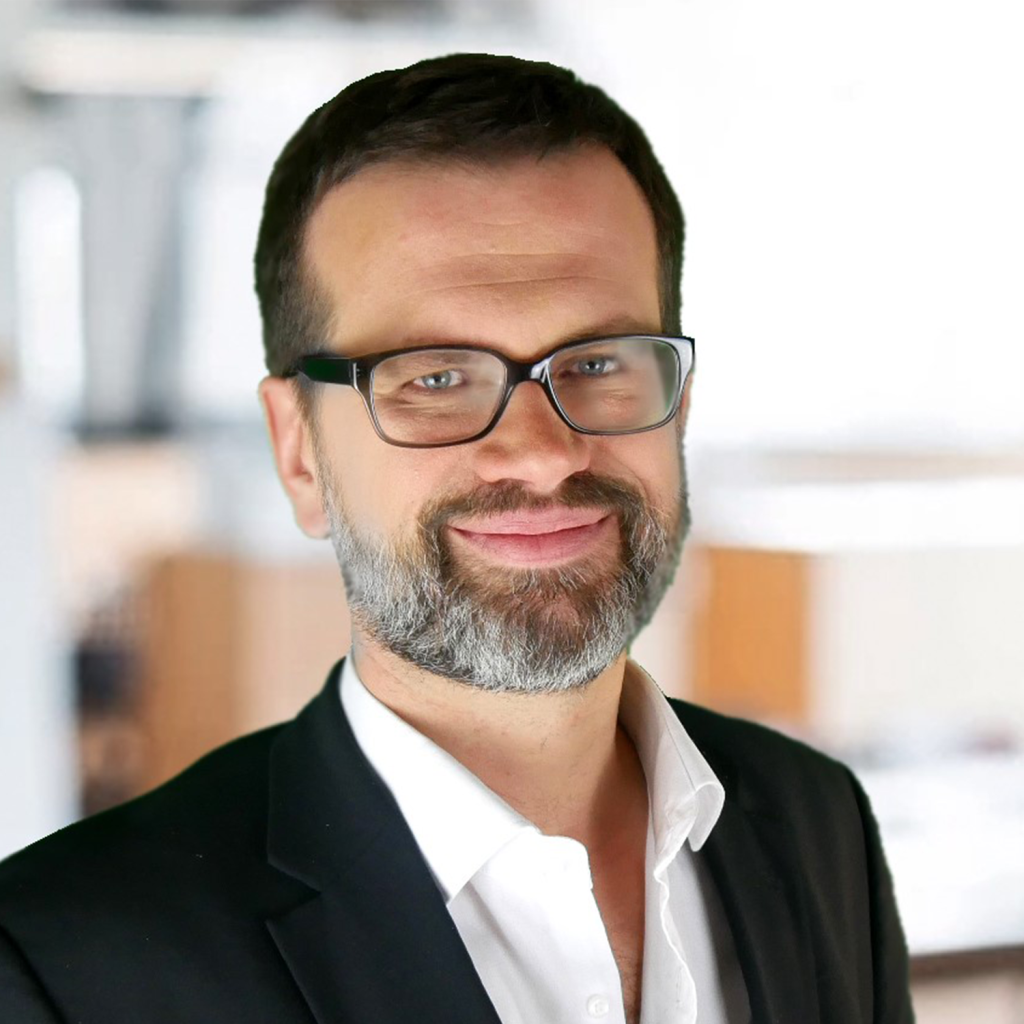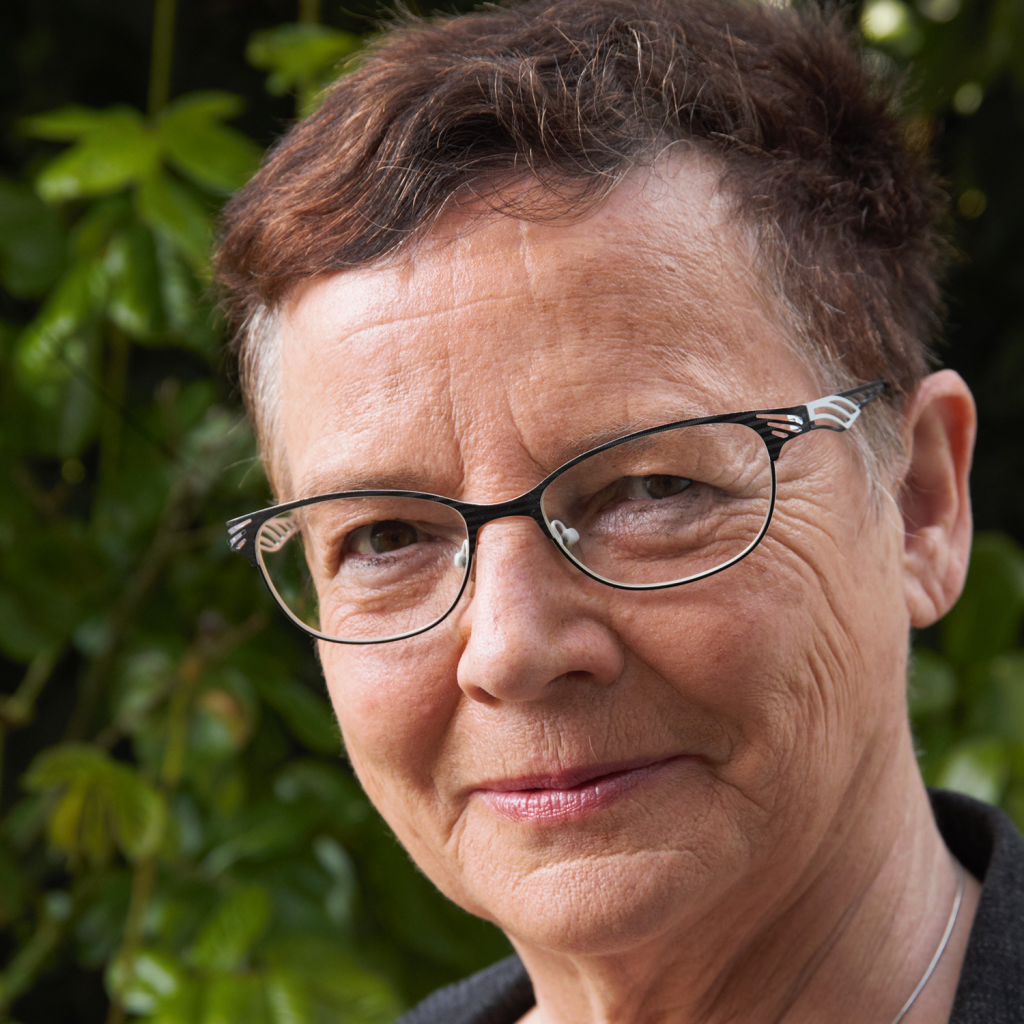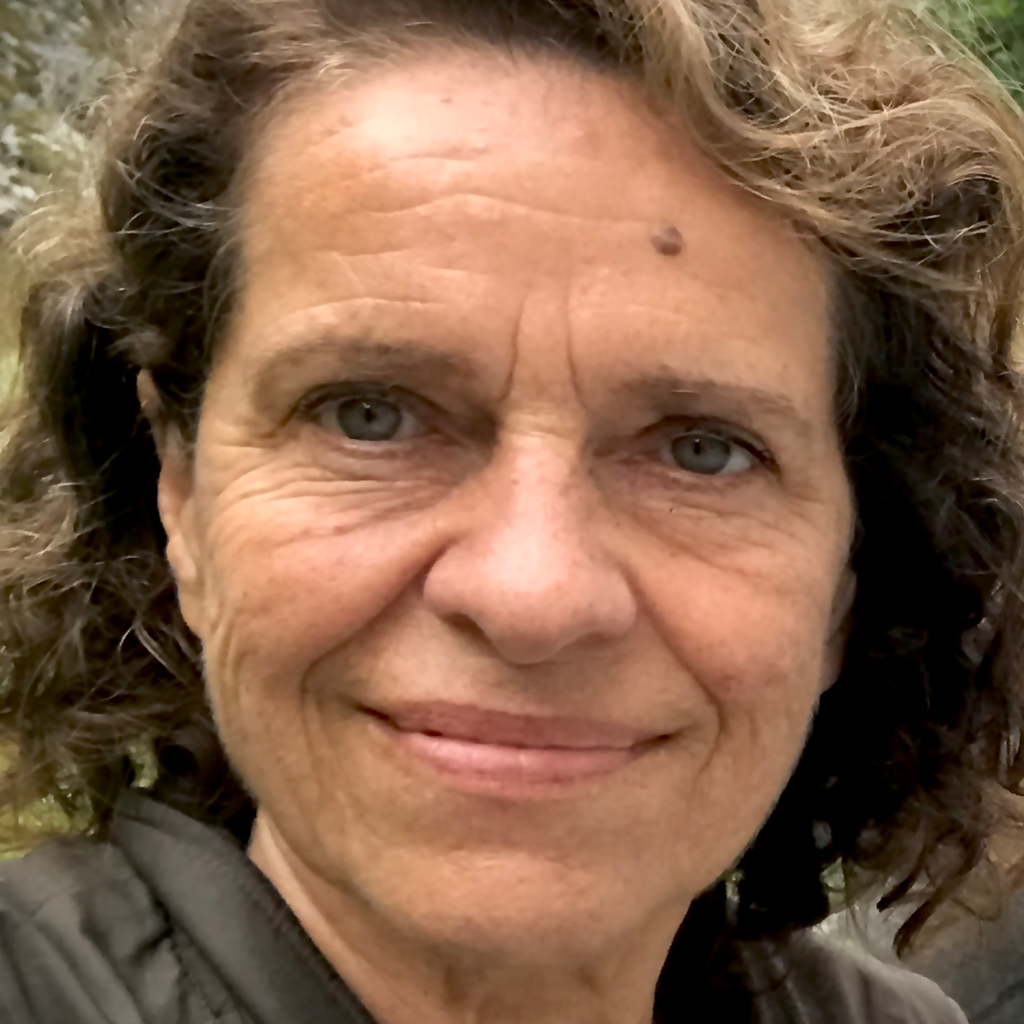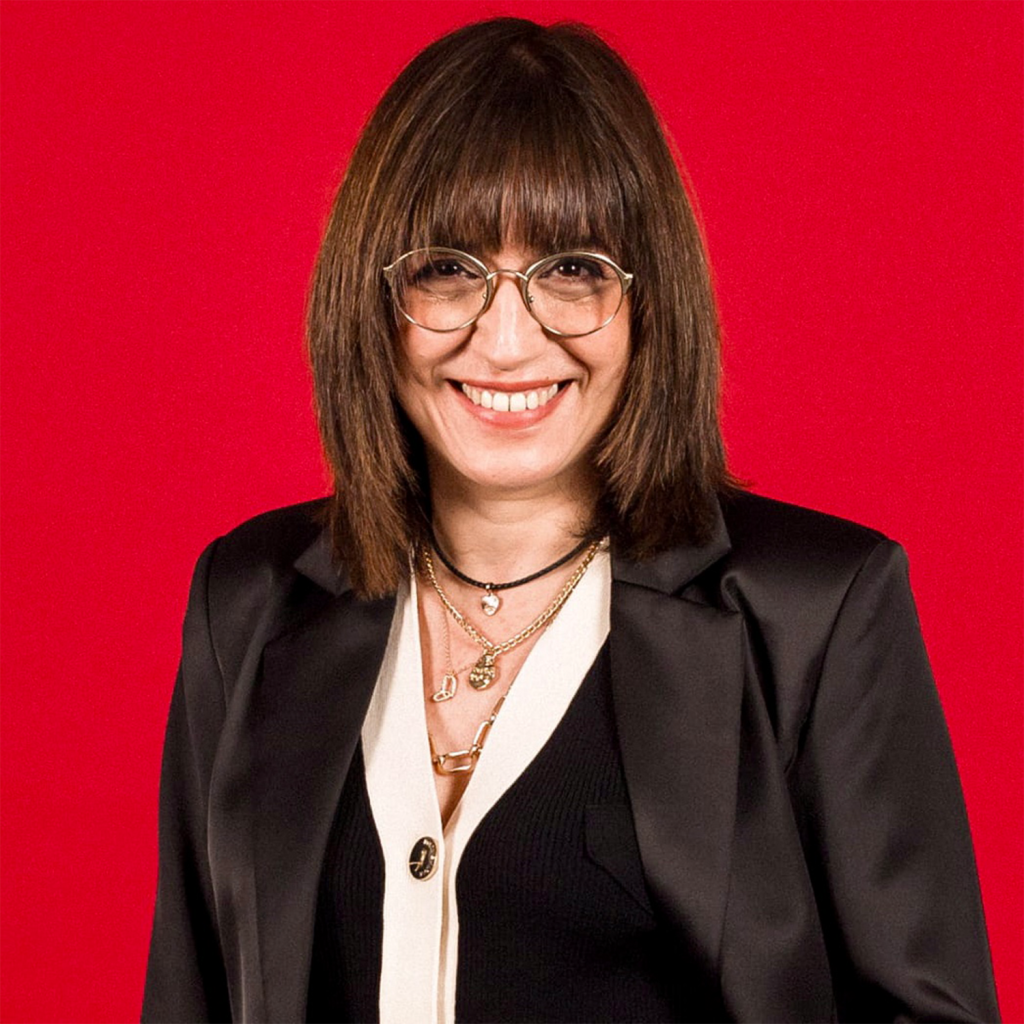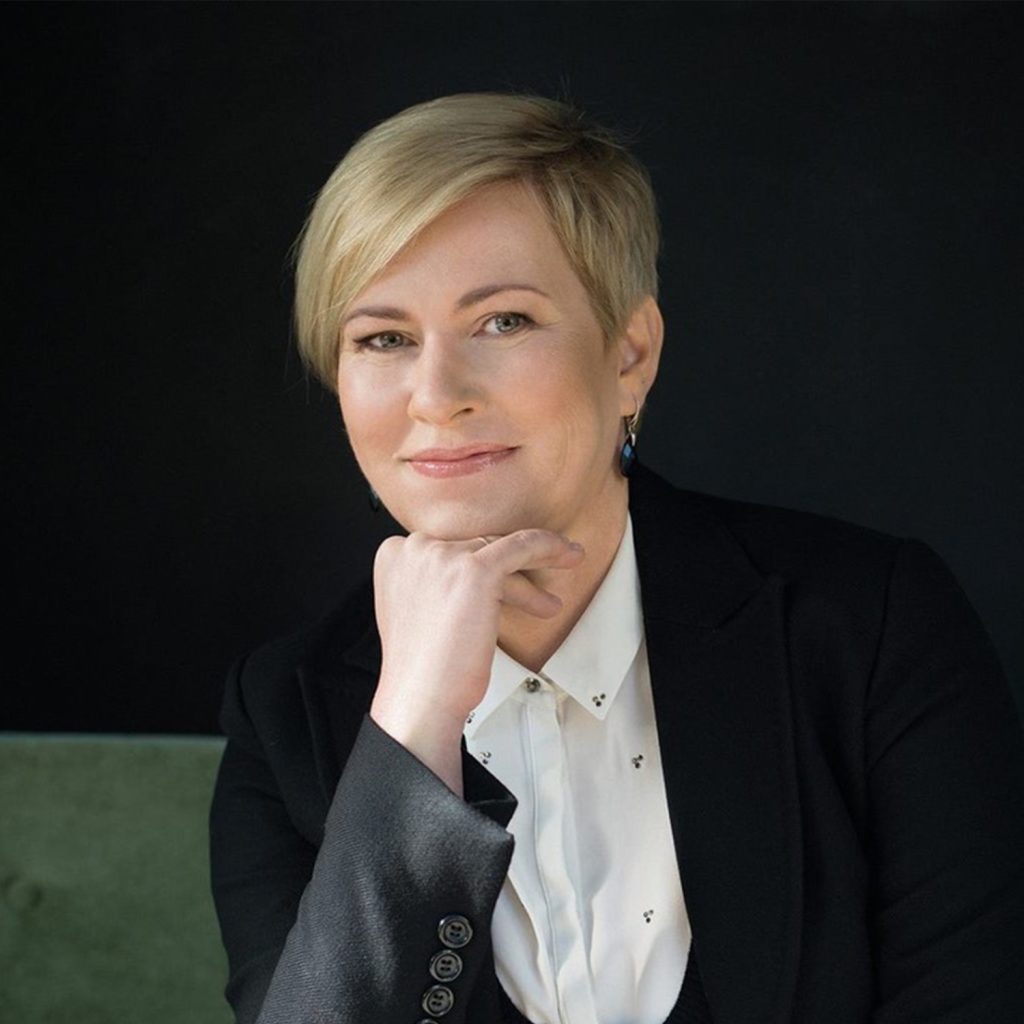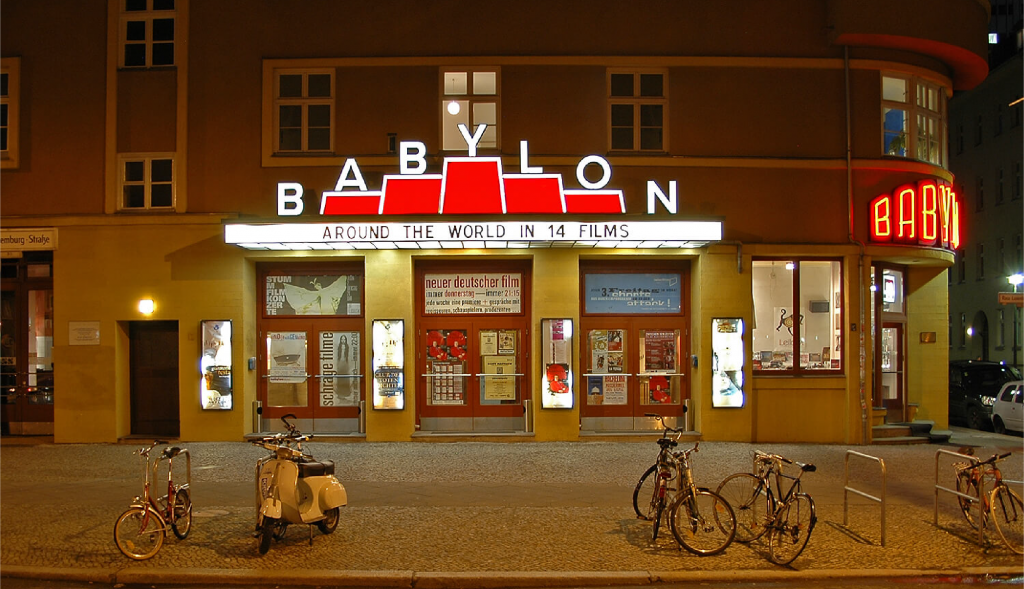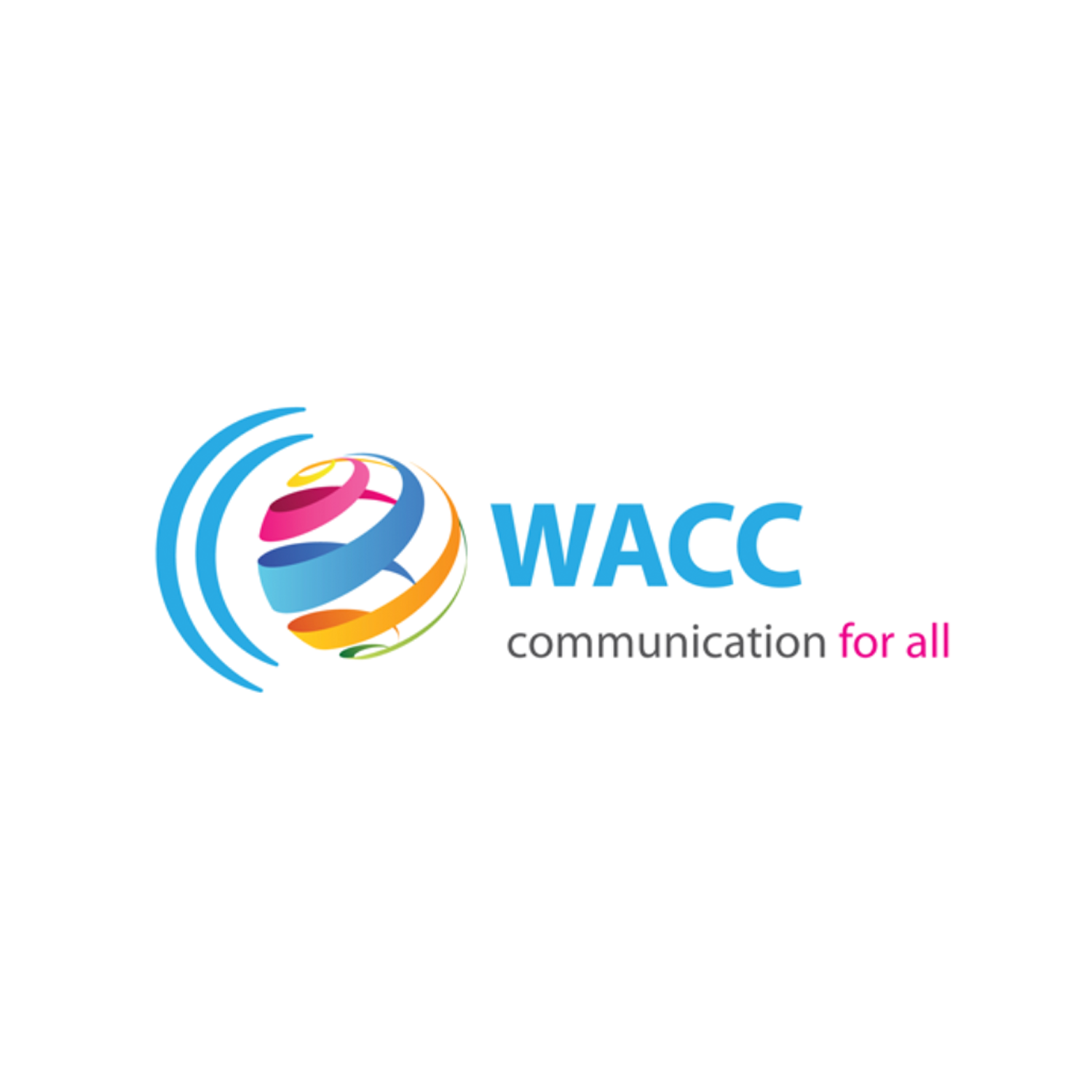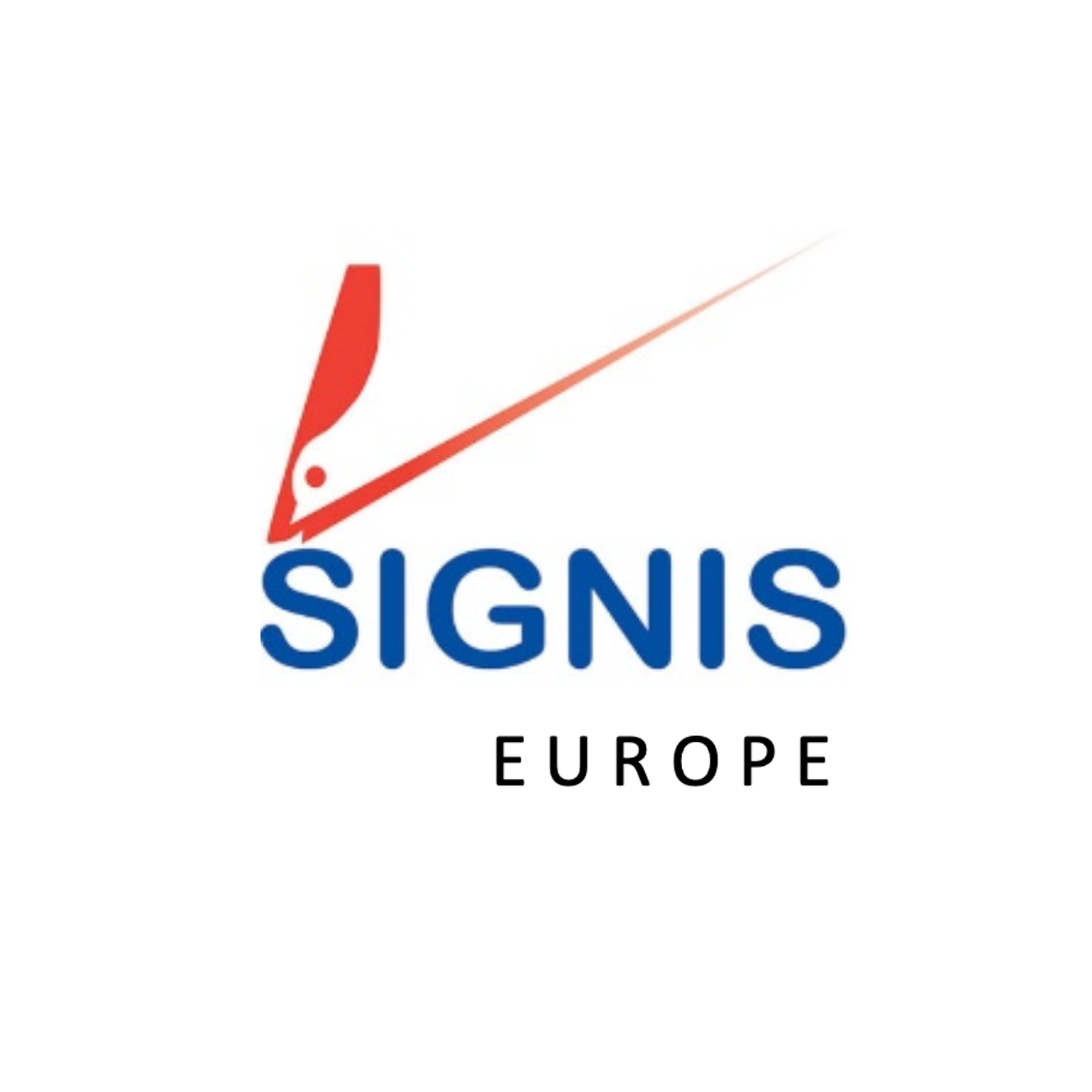“Religion is of such importance in people’s lives that it must continue to find a place on TV” (Peter Frey, the Chief Editor of ZDF, Berlin Festival 2010)
Some 50 years ago, what was then called the International Christian Television Week took place in in Monte Carlo from 24 February to 1 March 1969. It was the result of a joint initiative of the European regions of WACC (World Association for Christian Communication) and UNDA (International Catholic Association for Radio and Television). Since 2001 the collaboration has been between WACC and SIGNIS (World Catholic Association for Communication), the successor to UNDA.
The success of the first festival meant that it continued in a different European country every two years and, from 1986, every three years. Germany, and the Netherlands have both hosted the Festival three times; France and the UK twice. Other countries were Switzerland, Ireland, Norway, Sweden, Finland and Poland. Each event is a collaboration between a public broadcasting company or companies and WACC and SIGNIS.
In 1969, some 108 participants from 23 countries attended the Festival. The last few Festivals have each attracted up to 100 participants involved in religious broadcasting from around 20 different European countries.
Though the majority of programmes submitted have been documentaries, other genres have been screened too: drama, documentary, music, liturgy and worship, programmes for children and young people, reflections, interviews and magazines, and today programmes made for the internet.
Prize winning programmes have come from around 20 countries and the most successful broadcasters have been the Dutch company IKON, the BBC and the Irish broadcaster, RTE.
Though it began in an era when religious broadcasting was dominated by the Churches, the Festival has now become much broader. The topics covered have reflected changing interests and tastes of broadcasters and the viewing public. In recent years there has been an increasing focus on how people of diverse beliefs and views and can live and communicate with each other.
In 2014, in Hilversum, the winner of the documentary and audience prize was a co-production of Jewish Broadcasting and production company Beeld called Spot the Differences. The programme itself highlighted the relevance of the festival theme: ‘Behind the front door or in plain sight: religion in a pluralist society’. A similar theme underpinned the 2017 Paris Festival and the journey of exploration will continue in Berlin in 2023 under the title “Belief on Screen”.
Today the Festival it is still the only arena specifically dedicated to presenting and celebrating the best of European religious programmes on television and now, online. It fosters a pluralistic vision of broadcasting, that engages seriously with the beliefs and values shaping the world and the lives of their adherents. The 20th edition in Berlin 2023, will be a fitting tribute to the pioneering vision of Robert Geisendörfer of WACC, and Fr Jacques Schneuwly, the Secretary General of UNDA who co-founded the Festival half a century ago.

